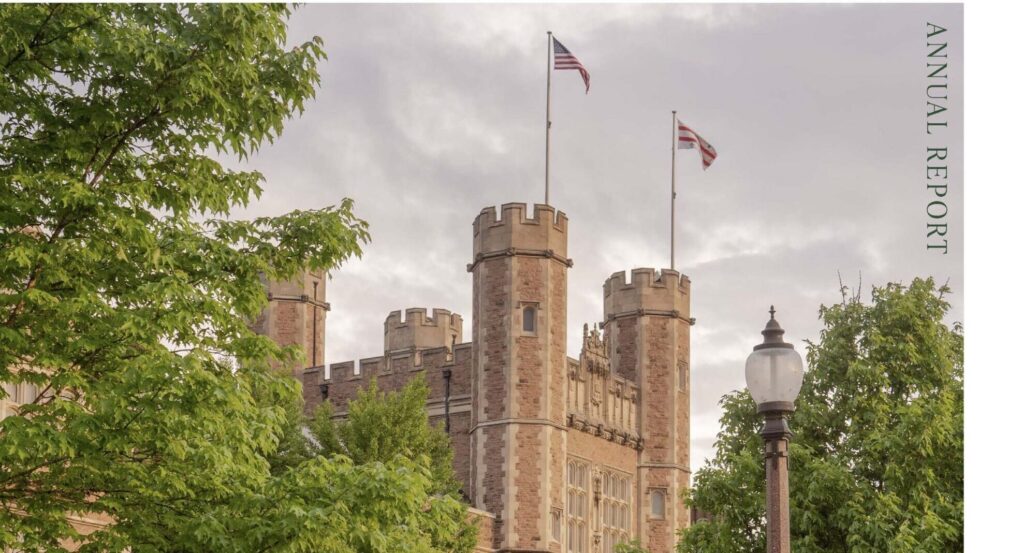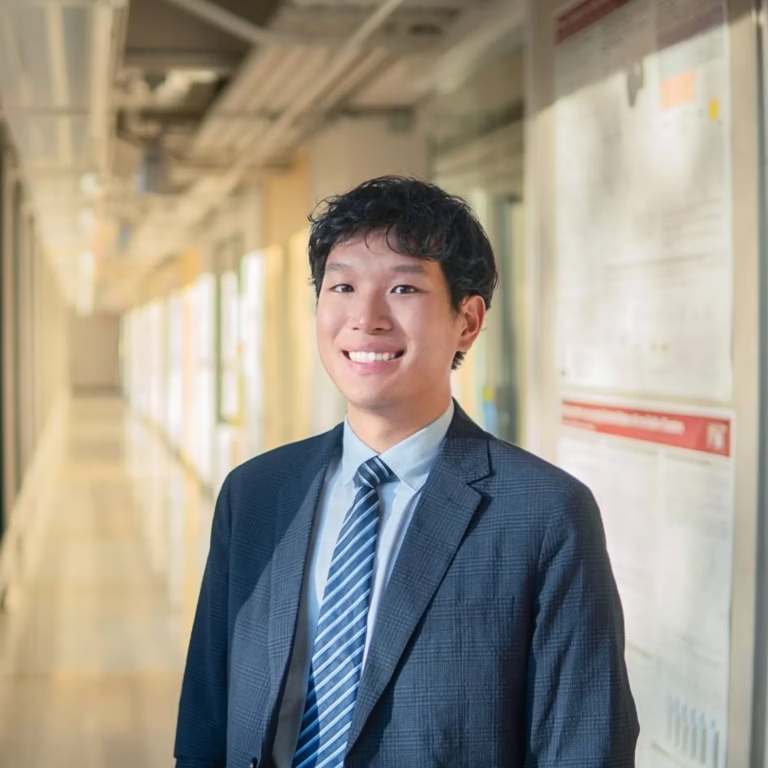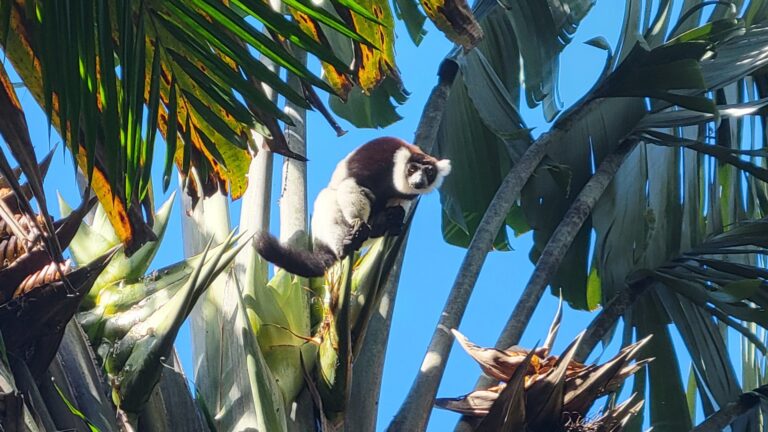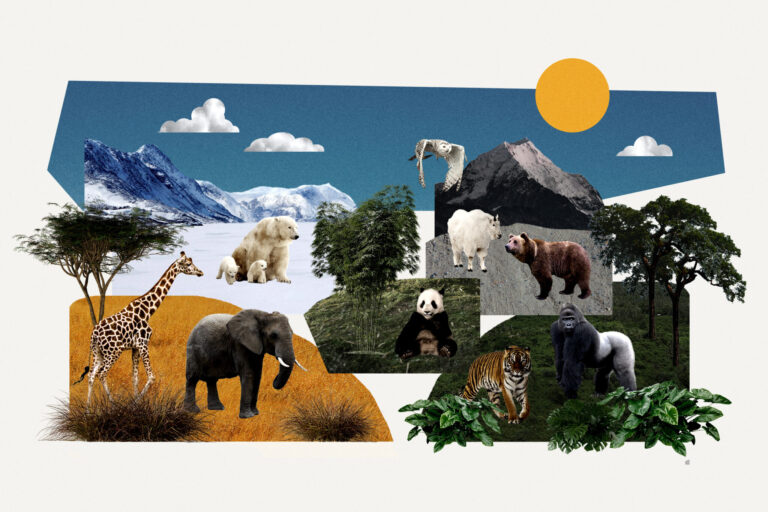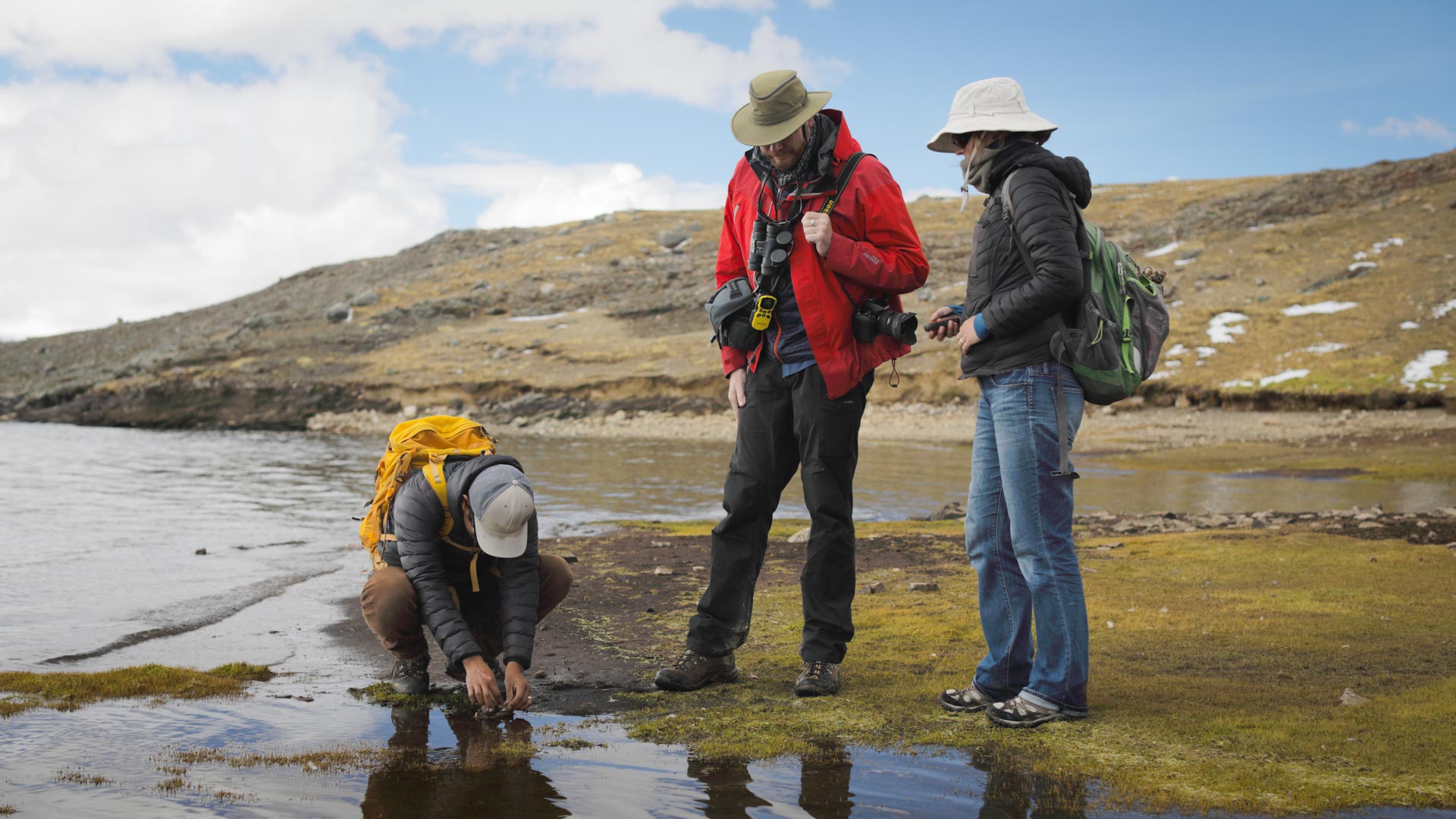
The Center for the Environment is an interdisciplinary hub of environmental research that is committed to generating transformative solutions to our deepest societal challenges including: climate change, air pollution, access to clean water, food insecurity, biodiversity loss and infectious diseases.
By the numbers
132
Center scholars
46
Proposals/Grants supported
1000+
Activity participants
150
Journal articles published
in Jan-June 2025
The Center’s mission
The center serves as a cross-cutting collaboration hub, encouraging partners, faculty and students to advance research projects in areas including biodiversity, environmental justice, planetary health, environmental solutions, and climate change. Here’s a closer look at who we are, what we do, and why it matters for our community, our region and our world.
Connect with us
Upcoming Events
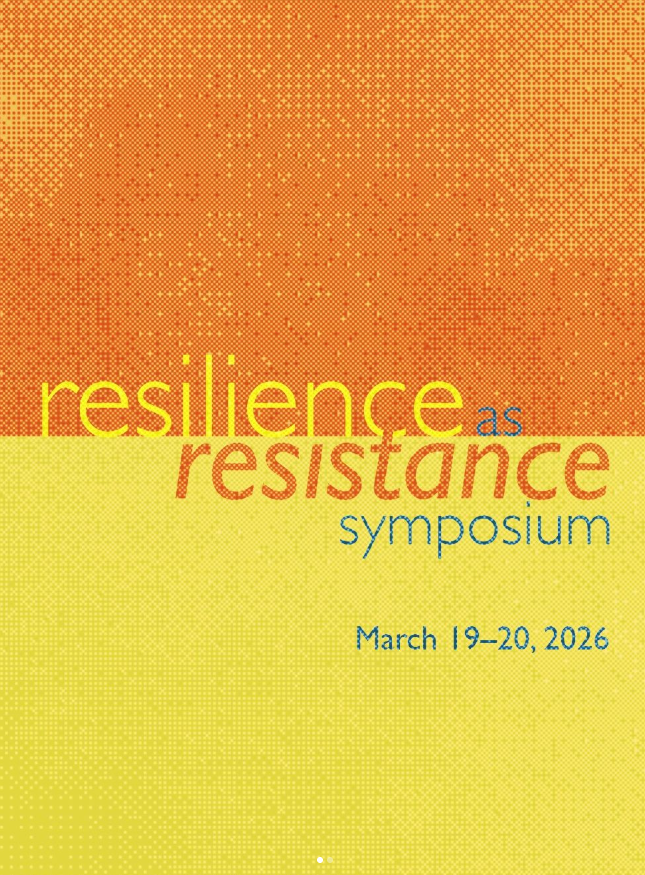
Featured research & stories
Scholar Profile: Zach Zheng
Zack Zheng Scholar Profile Zhiling “Zach” Zheng is an assistant professor of chemistry and principal investigator of the Deep Synthesis Lab, a research team integrating AI with synthetic chemistry to accelerate the discovery of framework materials. Zheng’s interest in chemistry began early. As a middle school student, he was fascinated by crystallization – a process […]
Human-wildlife interaction in Madagascar
Three WashU researchers studying human-wildlife interaction in the forests of Madagascar have approached their research in a unique way – one that recognizes that protecting wildlife requires protecting people.
WashU to support UN’s ‘Life on Land’ sustainable development goal
Washington University in St. Louis has been appointed to a United Nations (U.N.) group dedicated to protecting life on land.
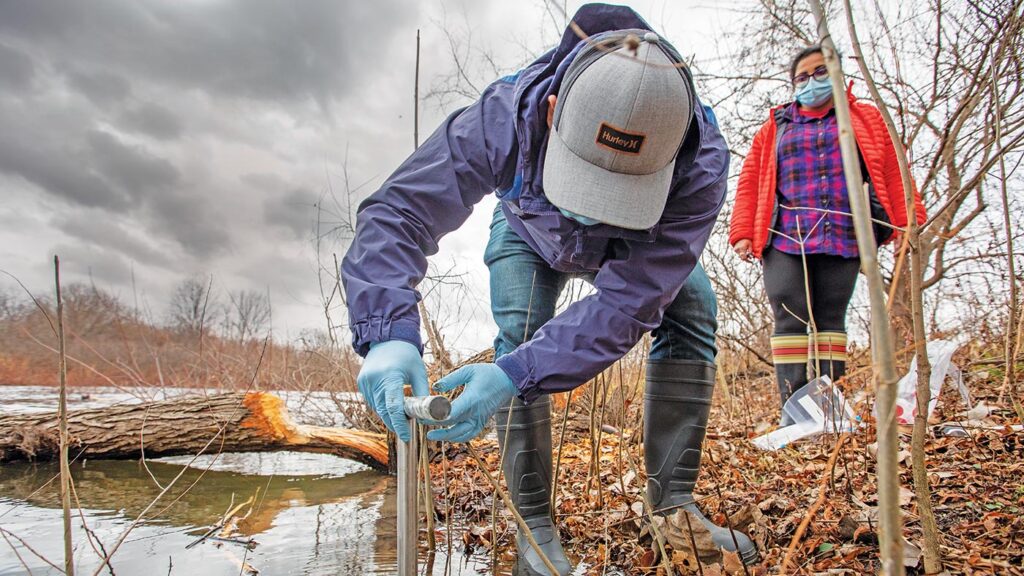
The WashU ecosystem
Within the WashU ecosystem of environmental research, education, and practice, the Center for the Environment serves as a connector. Much like a biodiversity corridor, we work to create space where our partners within the ecosystem and across distinct disciplines come together to address our world’s biggest environmental challenges.
In the news
WashU artists use music to amplify the climate change conversation
Christopher Stark and Dan Giammar bring environmental research and the arts together in “Climate Change in Concert.”
WashU Professor builds bird blind inspired by ancient Rome
A new 20-foot tall, concrete, spiral shape overlook called Avis Spiralis, (spiral bird), rests just south of the Audubon Center in the Riverlands of West Alton.
Arthur Holly Compton Faculty Achievement Award: Jonathan Losos
An internationally recognized evolutionary biologist, WashU professor Jonathan Losos has transformed our understanding of biodiversity through groundbreaking research on lizards, cats, and the rapid pace of evolutionary change.
